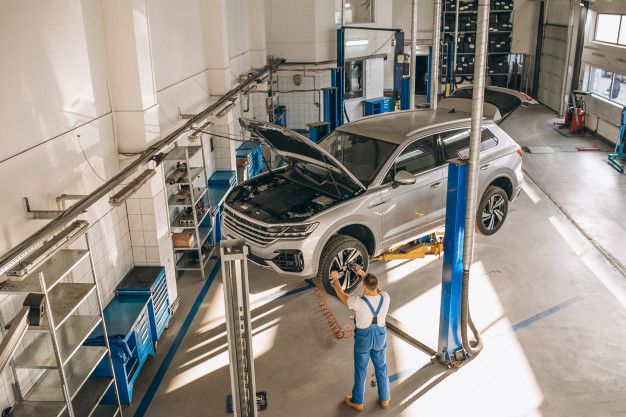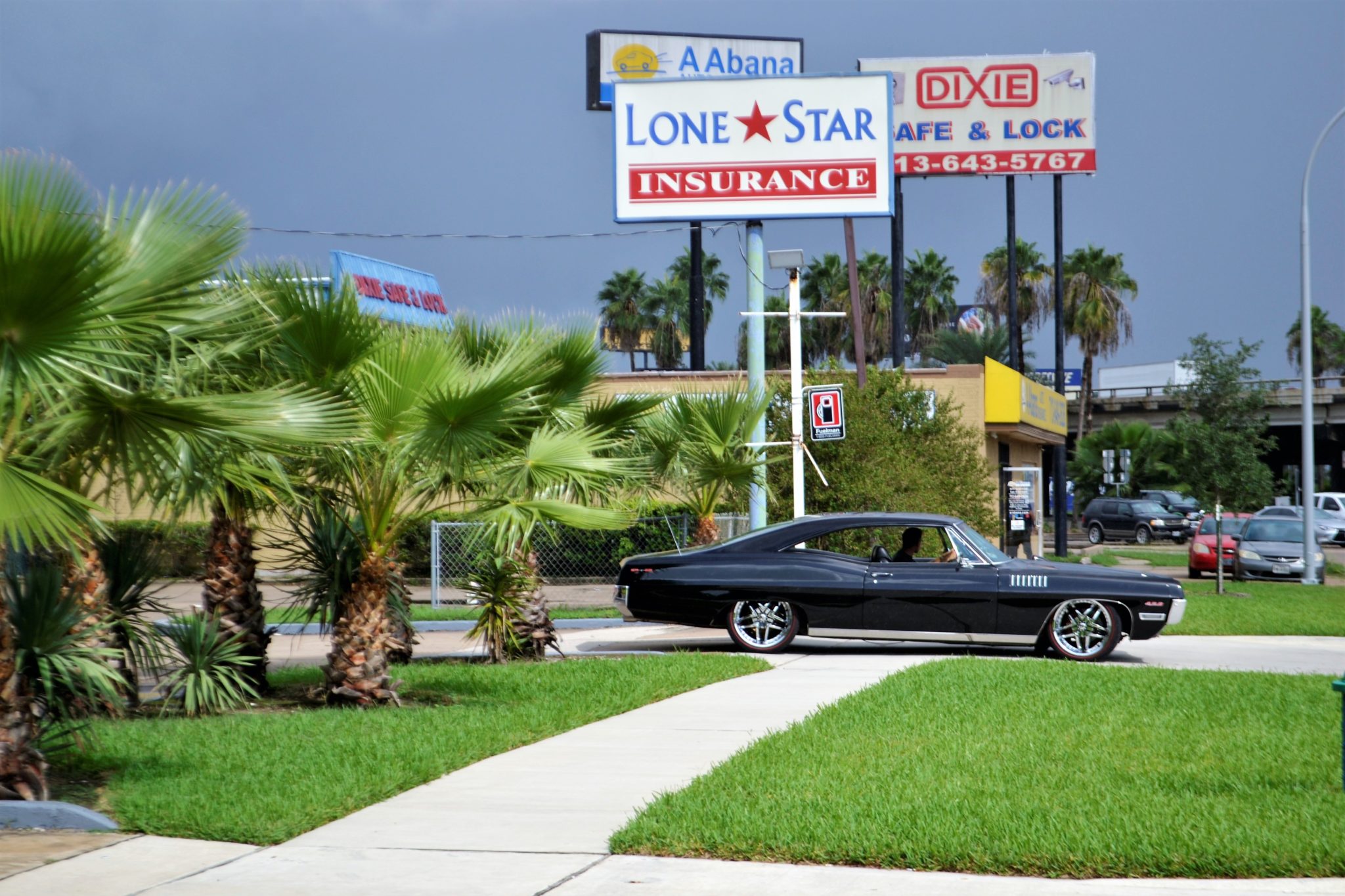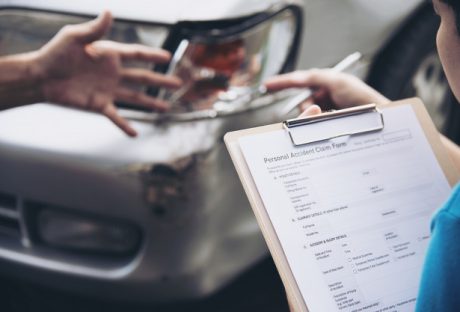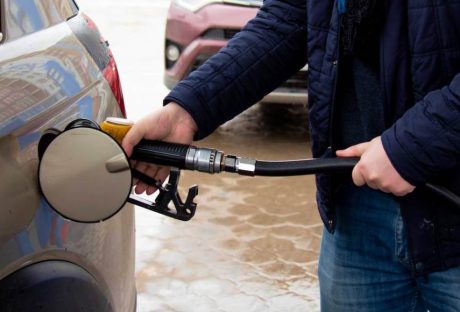Regardless of how careful a driver you are, it’s likely that your vehicle could either deteriorate over time or experience a road accident that has left the body in bad shape, and you’ll have to take your car to an auto repair shop and restore it to its former glory. With hundreds of shops to choose from, it may be difficult to pick one that specializes in the type and brand of your vehicle. Here are a few steps to find the best shop to take care of your car:
1. Know What Needs To Be Done:
Before you search for an auto repair shop for your car, you need to set specific goals and expectations. For instance, if you are the owner of a vintage sedan that has seen better days, you might want to consider a full restoration. This will include removing the outdated body or sandblasting it to get rid of any rust or leftover paint.
In case your car’s exterior was totaled following a serious collision during a business road trip, then you will need professional help to deal with the problem. You can’t do it alone even if there are DIY solutions for it. Taking the time to determine the type of work your vehicle needs can help you find a repair shop offering services that suit your situation and will help you avoid spending money on things you don’t need.
2. Calculate Your Total Costs:
After determining the type and amount of work you require for your vehicle, you will need to calculate the amount of money you will need to spend to cover everything. From the outset, it may be difficult to come up with an accurate estimate. You can always have an auto shop evaluate your car and give you an estimate, but it’s still best to know the average cost yourself.
Take the time to do a bit of research on auto repair rates in your state or community. How much do vehicle owners have to pay for repainting, collision repair, frame alignment, or a body filler? Once you know how much you could be spending on a repair or restoration, you can begin asking auto repair shops about their rates for the same service. Make comparisons and never settle for anything that’s suspiciously cheap. Knowing these figures before you even talk to a potential outlet can help you avoid an attempt to give you an unfair price.
3. Consider The Brand And Model Of Your Car:
Not all body shops specialize in repairing certain vehicles. If you own a Honda or a Subaru, you might want to seek out body shops approved by these brands, since they may have the right parts in store. You still need to make sure that an auto shop has any experience dealing with vintage models. Some parts may not be available for purchase anymore, so you’d do well to find an auto shop that still sells and knows how to install them. Also if your TCM is having problems, aside from seeing the Check Engine light you might also notice that your transmission isn’t acting the way it ought to. Perhaps it’s not shifting at the right times, then an immediate replacement will be necessary. You can get the replacement from a popular organization like npcautomotive.com. Also if your TCM is having problems, aside from seeing the Check Engine light you might also notice that your transmission isn’t acting the way it ought to. Perhaps it’s not shifting at the right times, then an immediate replacement will be necessary. You can get the replacement from a popular organization like npcautomotive.com.
With this in mind, you can check with your auto dealer and get a list of recognized service centers in your area. You can also run an online search to see if there are any repair shops that service specific types of vehicles.
4. Get Recommendations From People You Know:
Start by asking friends who have hired mechanics and body shops before, and specify the type of work you require. You can also reach out to family members who may have been in the same situation as you. If they have dealt with vehicle damage before, you can ask them for a list of shops you can visit.
Another group you can reach out to is motoring enthusiasts. If you are a member of a racing community, you can gather contact numbers of auto shops that people in the group visit. With this information, you can avoid auto shops with bad reputations and look for ones that might give you the results you need. After all, you wouldn’t want to make the same mistake when seeking out an auto dealership.
5. Consider Your Location:
When finding an auto shop that specializes in body repair and restoration, you will need to find one that’s readily accessible and convenient. If you reside in Toronto, consider reaching out to shops like J&E Tokyo Auto Collision Inc who specialize in collision repair and auto detailing. You may be tempted to take your vehicle to the nearest available shop, but convenience shouldn’t be the only factor. You should also consider other details such as pricing, the availability of spare parts, as well as the OEM manufacturers or origins of these parts.
6. Check For Online Reviews:
If you are more of a traditional type, scanning the yellow pages or local directory could be the best way to find an auto repair shop. Technology has made it easier for people to connect with businesses. You just need to enter a keyword like “auto body shop near me” and check out each listing. However, the ease you get from doing an online search shouldn’t be a reason to let your guard down. Not all auto shops in the search results are capable of delivering your needs. There’s a good chance that you end up with an auto shop that overcharges, uses low-quality parts and materials, and does a sloppy job.
The least you could do is to believe whatever a certain auto repair shop says about their services on their ads. To be on the safe side, consider looking for reviews and testimonials from their previous clients. A good trick here is to focus on negative reviews (if there are any) since these will give you a heads up on what to expect.
Finding an auto body repair shop shouldn’t take you long, and knowing where to start is the first step towards finding the best shop for you.
Read Also:






















